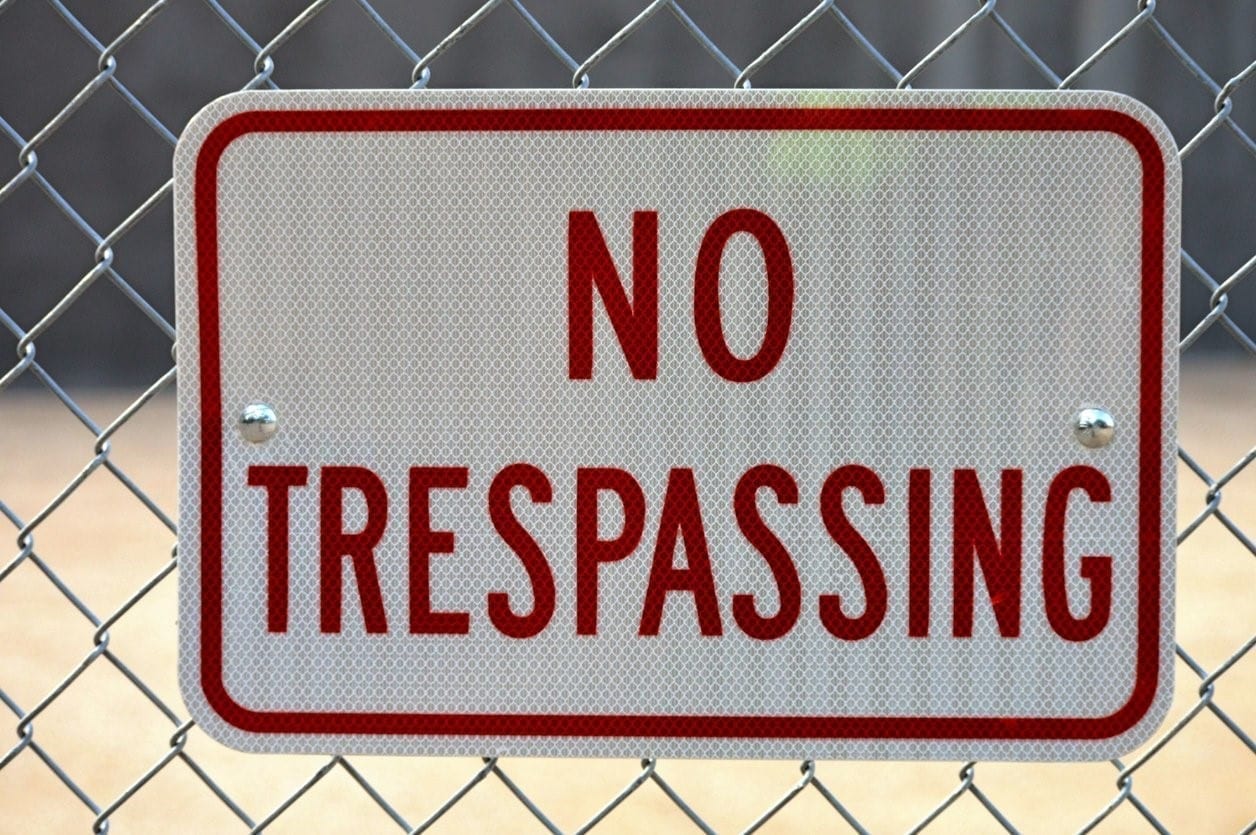5 Ways You Can Get Arrested for Protesting in Illinois
The political climate in this country is tense, but you probably knew that already. With very controversial executive orders and cabinet picks making major headlines, people are more outraged than ever, and a resistance movement is forming on the streets.
Our country, and the democratic system our founding fathers aimed for, encourages each person to have a voice in the political process. It is important to voice your opinions through petitions, letters to your representatives, or protesting.
As a criminal defense lawyer, though, I am well aware of the fact that this last method can get you in trouble with the law.
Five University of Chicago Students, Including Student Body President, Arrested for Protesting Betsy DeVos

Since the Inauguration, University of Chicago students have rallied once a week for “Resist Trump Tuesdays.” The group has protested many thing, but on January 31, the issue at hand was Betsy DeVos’s nomination to lead the Department of Education.
Students gathered around and inside the John C. Kluczynski Federal Building with banners urging U.S. Senators Dick Durbin and Tammy Duckworth to vote against confirming DeVos. After a handful of students refused to leave the building, police dragged them across the floor, held them, and ultimately arrested them.
While protesting in a public space is legal, taking the protest inside without permission and refusing to leave can get you arrested. The charges against the arrested students include disorderly conduct and disturbance in a federal building.
These are just two charges that are associated with protests. A protest that gets out of hand may result in the following criminal charges, just to name a few:
- Trespassing: Again, taking up public space, including parks or sidewalks, is legal. However, even if it makes a stronger political statement, when you enter onto someone else’s private property without permission, you are committing a crime.
- Criminal Damage to Property: Even if you are not vandalizing or spraying graffiti on property while you are protesting, any sort of damage may result in criminal charges.
- Assault: In Illinois, assault charges do not require making physical contact with another person in order to harm them (if physical contact is made, the charge is elevated to battery). So if you threaten another human being during your protest, you may be charged with misdemeanor or felony assault.
- Aggravated Battery of a Police Officer: Charges will be intensified if the assault or battery involves a police officer on duty. Officers are allowed to be present at a protest to maintain order, and may use necessary force if things get out of hand.
- Resisting or Obstructing a Peace Officer: You cannot threaten or attack an officer, but you must also refrain from getting in the way of the officer while they are performing their duties. If you see a friend getting lawfully arrested, trying to stop the arrest may only put you behind bars as well.
If You Are Unlawfully Arrested
Before you attend a protest, understand your rights and the lawful ways to interact with police officers while protesting, or if you are confronted. While most officers will respect, and even protect, your right to protest, there are incidents where police officers get out of hand and unlawfully arrest people who are simply exercising their right to protest. For example, a police officer must give you a reason for why you are being arrested, and can only use the amount of force necessary to restrain you.
The most important thing to remember is that throughout every step of the criminal process, you have the right to an attorney. If you are arrested or charged while exercising your right to protest, the best thing that you can do to protect yourself is to contact an Illinois criminal defense lawyer immediately.
About the Author:
Andrew M. Weisberg is a former felony prosecutor who now serves as a defense attorney in the greater Chicago area. He has extensive experience in handling all types of criminal cases, from sex offenses and domestic violence to retail theft-related crimes, murder, and drug crimes.







 Blog Home
Blog Home 










